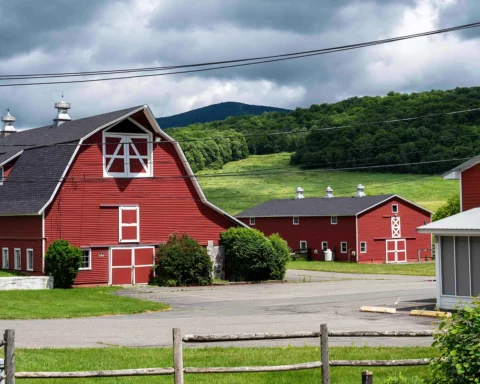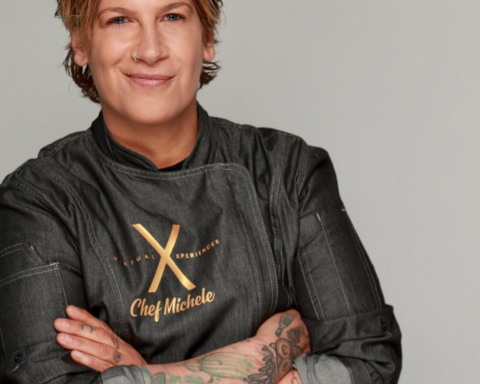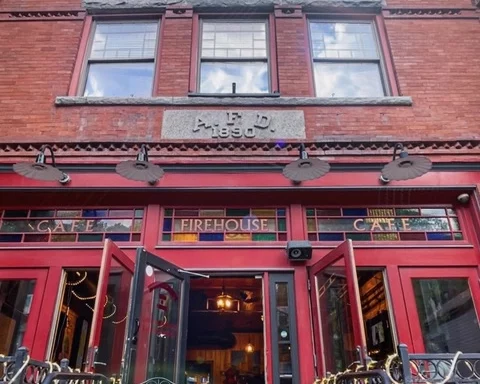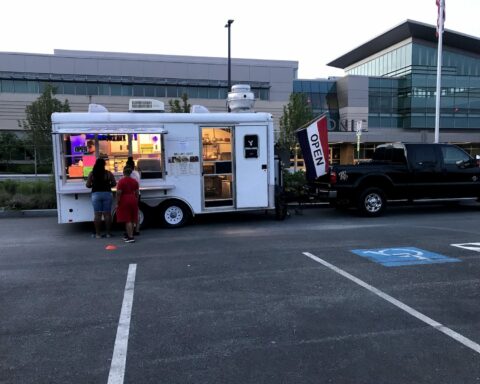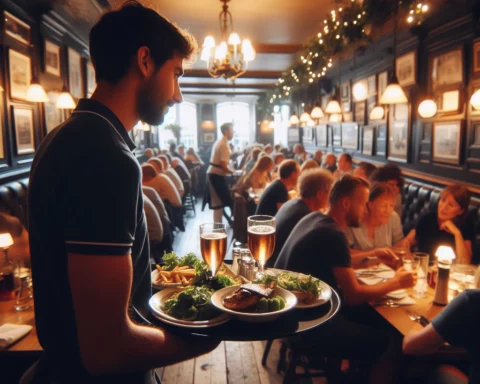Podcast (plenty): Play in new window | Download
Subscribe: RSS
Amazing no-till results, proof-of-concept urban agriculture, and learning “tracks” available for a curated conference experience
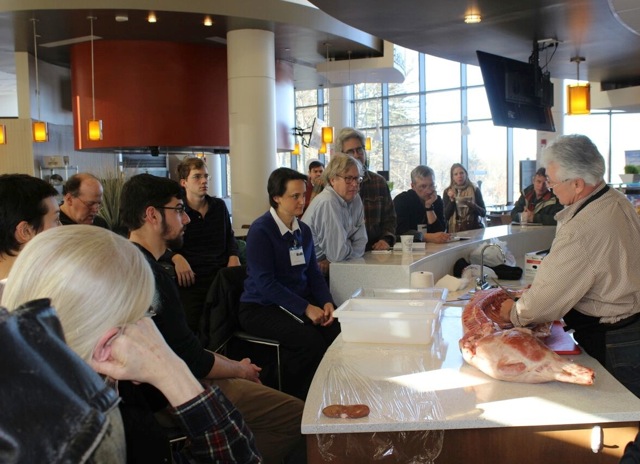
Hey, how’s it going today? I am Jason Velázquez, and we have arrived here at Episode #11. It’s good having you here at the table of Plenty. What’s the date today? Well for me it’s Sunday, December 18, 2016. For you it could be anytime after that, right? This is a podcast—you can listen whenever you like. I can’t make you do anything. And you know what’s great about this podcast? Even if some of the info pertains to specific events on certain dates, the bulk of the info is going to stay fresh for a really long time. Such is the case with this show.
Do you remember back in Episode #6, we spoke with Dan Bensonoff of the Massachusetts chapter of the Northeast Farming Association? If you didn’t catch that episode, you should definitely go back and catch up one of these days. But in the meantime, if you don’t know about NOFA, you really should check them out. Even though the word “farming” is in the name, the organization provides educational programs for farmers and foodsters alike. And, obviously, since their policy work involves pretty much everything related to sustainable, responsible agriculture, their local efforts end up having a global effect. As always, I’ve got a link in the show notes.
Well, we have NOFA/Mass back on the show today—this time in the form of Caro Roszell. Caro is the Bulk Order Coordinator & Winter Conference Workshop Coordinator. Why do we like Caro? Well for one thing, she puts her work title in her e-mail signatures so I don’t have to struggle to remember what to call her. Thank you, Caro!
Mainly though, we’re excited to have her on the show, because she’s going to tell us about the NOFA/Mass Winter Conference, which is happening at Worcester State University on January 14th. The Winter Conference, is basically like Pleasure Island for those of us in the natural living camp. Massive amounts of useful food and farming knowledge, coming direct from people who are actually living the life day in and day out. If you go, and yes, there is still time to register, you’re going to want to bring a notebook, and make sure you have room on your phone or camera for pics. I’ll just snap a photo of a diagram, or even a farm or business’ sign to remember rather than write it down.
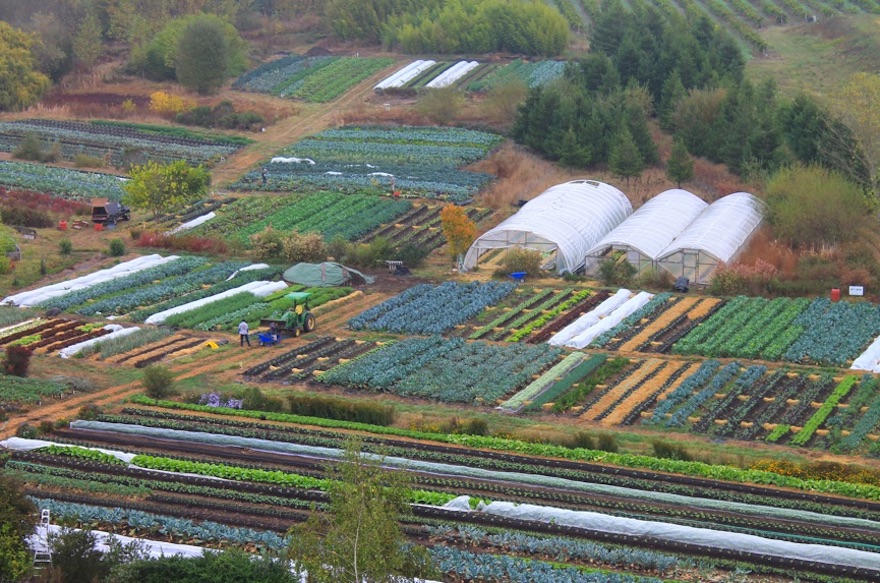
After we hear from Caro, we are very, very lucky to have as guests on Plenty a couple of serious rock stars of the new generation of organic farmers, Elizabeth and Paul Kaiser of Singing Frogs Farm out in Sonoma County, California. I am NOT kidding about the rock star thing, either. These two have taken the concept of no-till farming to mythical proportions. I don’t want to throw any spoilers out there, so let me just say that by just letting Nature do her thing, the Kaisers may have taken the back-breaking out of farm work.
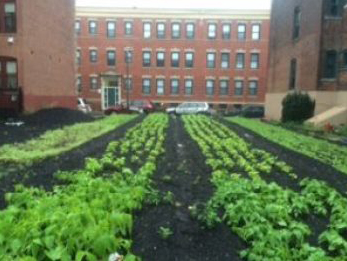
And we close out this episode by speaking with Sayed A Mohamed-Nour, the executive director, and Emily Barbour, the Office & Project Manager, of Boston-based urban farming organization, NUBIA. The group started with the humble goal of trying to preserve some of the culture and way of life of a group of immigrants from a specific region within Egypt and Sudan. Now, with almost no budget at all, they’ve been turning vacant lots into the source of thousands of pounds of food that they donate to feed the city’s hungry. Hearing Sayed’s story, I am convinced that getting adequate nutrition to everyone has never been about production, but about distribution, and, above all, dedication.

Now, let’s get this show on the road with our conversation with Caro Roszell of NOFA/Mass/
I absolutely can’t wait for this year’s conference. People from everywhere converge on this one spot to share information, yes, but also to enjoy a little food solidarity, I think. And as Caro said, this time of year, farmers and gardeners are in planning mode, so this is the perfect time to do a little research to get your new ideas ready for Spring.
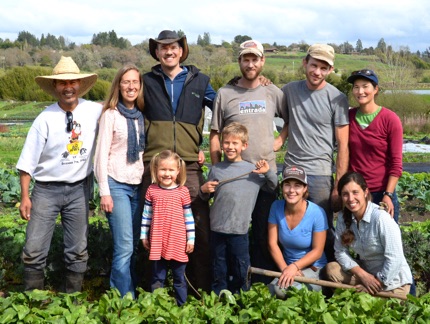
Well, two of the people who traveled quite a ways to deliver the keynote and to lead a learning track for the day are Paul and Elizabeth Kaiser of Singing Frogs Farm. Unless you’re into no-till garding, there’s almost no introduction I can give that prepare you for the marvels that these two innovators describe, so it’s probably better if I just let them do the talking.
See? What did I tell you? And it doesn’t take a lot of math to figure out that a network of small, intensive no-till farms could actually meet the food needs of a majority of people in the United States. Hmmm…maybe that’s why so much effort is spent on smearing the organic movement…Ya’ think?
Well, we go from a modest eight-acre farm down to an even more micro (can you say “more micro”) scale. Empty lots in Boston, one of the Northeast’s largest cities, are cranking out food for those in need thanks to NUBIA, started with aim to preserve cultural identity. The organization has a number of programs that do that, but what brings them to the Winter Conference is their amazing success in organizing and running an urban agriculture program that could serve as a model for programs nationwide. To talk about NUBIA, let’s welcome to the show Sayed A Mohamed-Nour and Emily Barbour.
And that’s our show for this week! Remember—if you’re listening via iTunes, Google Play: Music, Downcast, or any other podcatcher, you can find links mentioned in the show in our show notes at greylockglass.com. Find the link to Plenty in the main menu and select this episode from Plenty’s page. Thanks for listening and we hope you join us next week for another generous helping.





